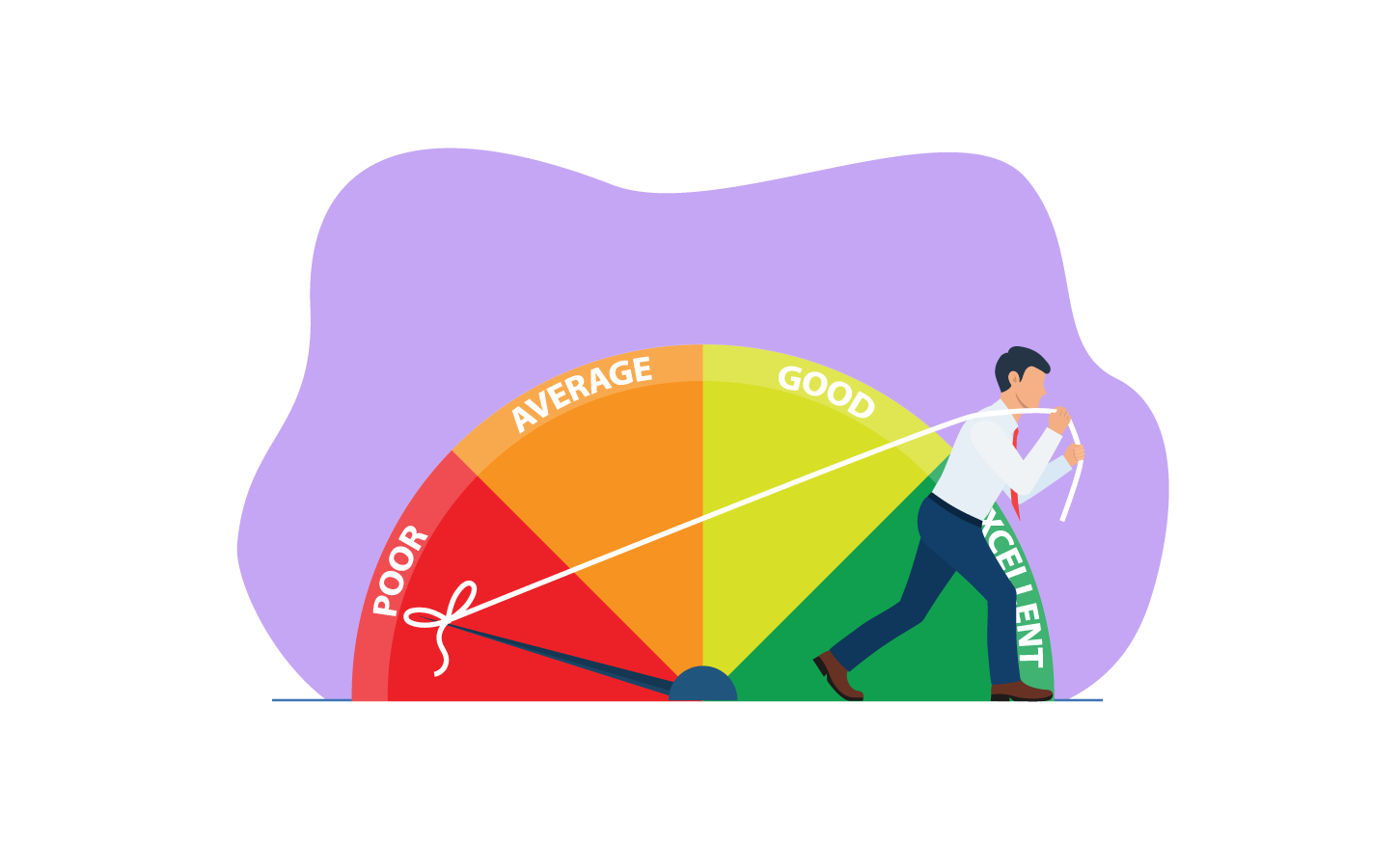30 is a crucial age for many Singaporeans, financially speaking. This is the age when many of us buy our first house or car, or settle down to raise a family. Also, this is the age at which some of us start looking after our aging parents. As such, there are important money milestones to aim for at this crucial age:
1. You should have sufficient funds for your first home, in either savings or your CPF
How much is enough for your first home? Well, that depends on what sort of house you buy, and whether you use a bank loan or a HDB loan.
For reference, we’ll consider a four-room flat that costs about $350,000 today. This is a typical amount faced by many Singaporeans.
Using a HDB loan, you can borrow up to 90 per cent of the flat’s value. This leaves you with a down payment of $35,000. This money can be paid in cash, from your CPF OA, or a combination of the two.
If you use a bank loan*, you can only borrow up to 75 per cent of the value. This means you need to fork out $87,500 for the down payment on the flat. An absolute minimum of five per cent ($17,500) must be paid in hard cash, whereas the remaining $70,000 can come from a combination of your cash or CPF.
In short, you need to save up 10 per cent of your house value (for HDB loans), or 25 per cent (using bank loans). You can easily Google the price of your intended property, to determine how much you need to save up.
*Not everyone can use a HDB loan. For example, you have to use a bank loan for Executive Condominiums, even though they are technically HDB properties for the first 10 years. And of course, there are no HDB loans for private properties.
2. You should be insured for up to five years of your income
You should be well insured by the time you are 30. To be blunt, you are no longer as young as you used to be – medical conditions will get more serious or become chronic.
You probably also have a family to look after. By that we don’t just mean a wife and child; even if you’re still single, you probably have aging parents who will soon rely on you for help.
You should have insurance that covers at least the following:
- Life insurance, with death benefits for your loved ones
- Unemployment insurance, sufficient to cover at least 70 per cent of your income if you cannot work
- Critical illness coverage
- Health insurance in the form of an Integrated Shield Plan (IP). Don’t just rely on MediShield Life, as there are lower limits on the pay outs.
Regarding life insurance and critical illness, the total pay out should be enough to cover your expenses for at least five years. This will ensure our family has enough time recovered, should anything happen to you.
3. You should have a well-diversified portfolio of assets, with returns above inflation
If you haven’t started planning for retirement yet, it’s vital to start doing so now. Don’t worry about starting late – you can make up for lost time by contributing more (e.g. invest 40 per cent of your income instead of 20 per cent).
By this point, you should have a good mix of assets, which can range from unit trust funds to simple fixed deposits. The correct mix of assets will depend on your immediate situation, but the typical 30-year-old Singaporean will have an asset allocation that’s along the lines of 70 per cent equities, 20 per cent fixed income securities, and 10 per cent held in cash.(Speak to a financial adviser, to determine what’s exactly right for you).
Your portfolio of assets should be making returns of around four to five per cent per annum. This is above the rate of inflation, and so can provide for your retirement in future.
Don’t be fooled by how slow the growth seems. If you invest around $1,500 a month at five per cent per annum, up to the retirement age of 65, you can accrue around $1.7 million. It’s not impossible to retire well, even in an expensive country like Singapore. It’s just a matter of how soon you start, and you should be investing for retirement by 30.
4. You should owe no more than one month of your income in unsecured debt
Unsecured debt refers to credit cards, personal loans, payday loans, or any other debt where you didn’t have to give any collateral.
Because unsecured debt is a big risk to the lender, the interest rate is much higher. This is usually around 26 per cent per annum for credit cards, and six to nine per cent per annum for personal loans (you can browse for cheaper loan options here if you need them).
Ideally, you should not have these types of debts at all; but we understand that complications can emerge. If you do have these loans, you should be aggressively paying them down to minimise interest costs.
By the time you’re 30, your outstanding debt should not amount to more than a month of your salary. Otherwise, you could have trouble getting critical loans such as home loans, which you may need at this life stage.
While it’s not easily quantifiable, basic financial literacy should also be a goal by the time you’re 30.
If you’re confused by concepts like inflation, unit trust funds, and the different loan types, you’re putting yourself in a difficult situation.
The financial tools and products you’ll encounter will get more complex. For example, you probably never had to wonder about how a mortgage works, which can leave you reeling when you first buy a flat.
It’s important to beef up your financial know-how. It’s worth taking a few courses, or burning a few weekends to read up on basic money knowledge. Remember, the decisions you make at this life stage are decisive in your twilight years.




















